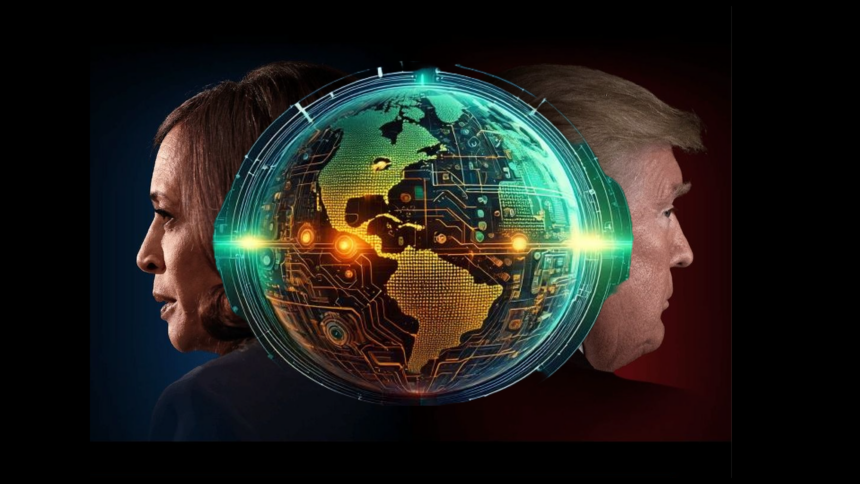We, at TechFyle, don’t wade into politics. We choose to observe and inform over editorializing. However, today’s U.S. Election isn’t only about domestic policies — it has far-reaching implications especially for intra- and inter-tech operations. Antitrust and regulatory decisions are at crucial stages, so the outcome of this election may influence how Big Tech operates — both in the U.S. and internationally. With landmark antitrust suits and tighter policies on the table, tech innovators are closely watching every political maneuver in the waning hours.
How does each candidate view tech and possible monopolies? What tariffs or taxes will come or go? Is the winner pro- or anti-regulation and oversight in a free-market economy? Where does the consumers’ perspective fit? These and several more questions hang in the air. The way companies innovate, expand, and influence society could be radically different.
What’s Happening & Why This Matters
Under President Joe Biden, the U.S. has taken a tougher stance on Big Tech. Appointments like Lina Khan at the Federal Trade Commission (FTC) and Jonathan Kanter at the Department of Justice (DOJ) have underscored a commitment to counter monopolistic practices. These officials, inspired by early 20th-century trustbuster Louis Brandeis, see unchecked power as a threat to both workers and competition. This has led to multiple actions, including the FTC’s ongoing lawsuit against Meta for its acquisitions of Instagram and WhatsApp and DOJ’s case against Google for allegedly monopolizing search and ad markets.
The FTC and DOJ are currently tackling cases that could redefine the tech landscape. Meta faces a drawn-out battle over alleged anti-competitive acquisitions. Meanwhile, Google stands at the center of a DOJ investigation over its control of advertising technology and search engine partnerships on Android devices. If the DOJ wins, Google might have to divest some of its ad tech operations, the decision could alter digital advertising for decades.

The U.S. isn’t alone in this fight. The European Union, under Competition Commissioner Margrethe Vestager, has implemented its own Digital Markets Act (DMA), aiming to pre-empt monopolistic practices by large platforms. This act follows several EU cases against Google, pointing to a unified U.S.-EU front on tech regulation. According to digital competition consultant Christophe Carugati, “The FTC and DOJ echo the European Commission’s call to prevent Big Tech’s market dominance.”
What’s Next? A Trump or Harris Administration
However, if Donald Trump wins, the tough stance could waver. European People’s Party member Markus Ferber suggests that a Trump administration would probably appoint a less aggressive FTC chair than Khan, potentially easing restrictions. Even within the Republican Party, though, there’s a split. Figures like J.D. Vance and Josh Hawley favor aggressive actions against Big Tech, citing concerns over free speech and privacy.
On the other hand, if Kamala Harris becomes President, it’s unclear where her administration would land on the tech regulatory governance. While her campaign has received donations from Big Tech allies who disagree with Khan, her platform promises to fight anti-competitive practices. Analysts like Cristina Caffarra suggest that Harris might keep Khan and Kanter in their roles, reinforcing Biden’s tech crackdown.
TF Summary: What’s Next?
This election is a pivotal one for technology. A Trump administration might prioritize corporate interests, possibly softening the current aggressive stance, though some Republicans favor breaking up monopolies. A Harris administration could hold to Biden’s strict policies depending on her alignment with antitrust reformers. For global Big Tech players, the regulatory seas remain unsteady.
One thing is clear: both sides of the Atlantic will push for competition and accountability. How this is meted out, well, that remains to be seen….
— Text-to-Speech (TTS) provided by gspeech


